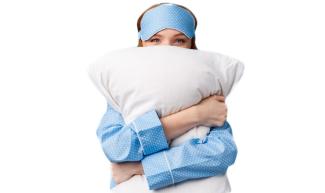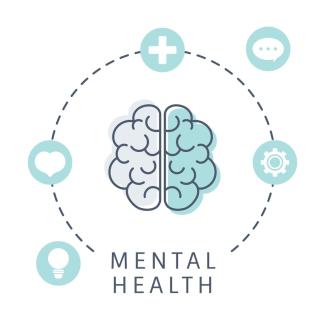
There are many potential reasons for poor sleep, and they can vary from person to person. Here are some common factors that can contribute to poor sleep:
- Stress and Anxiety: Stress and anxiety are major contributors to poor sleep. Worries, racing thoughts, and a constant state of alertness can make it difficult to relax and fall asleep.
- Poor Sleep Hygiene: This includes habits and behaviors that interfere with sleep, such as irregular sleep schedules, exposure to screens before bedtime, and consuming caffeine or alcohol late in the day.
- Medical Conditions: Certain medical conditions, such as sleep apnea, restless leg syndrome, chronic pain, and gastrointestinal problems, can disrupt sleep and lead to poor sleep quality.
- Medications: Some medications, including stimulants, antidepressants, and certain allergy or cold medications, can interfere with sleep patterns.
- Diet and Nutrition: Eating heavy or spicy meals, particularly close to bedtime, can cause discomfort and disrupt sleep. Additionally, excessive alcohol or caffeine consumption can interfere with sleep.
- Environmental Factors: A noisy or uncomfortable sleeping environment, such as a loud neighborhood, uncomfortable mattress or pillows, and improper room temperature, can disrupt sleep.
- Shift Work and Jet Lag: Irregular work schedules, especially night shifts, can lead to a condition known as shift work sleep disorder. Jet lag from travel across multiple time zones can also disrupt sleep patterns.
- Aging: As people age, they may experience changes in their sleep patterns. Older adults often have more fragmented sleep and may wake up more frequently during the night.
- Hormonal Changes: Hormonal changes, such as those that occur during pregnancy or menopause, can lead to sleep disturbances.
- Mental Health Disorders: Conditions like depression, bipolar disorder, and post-traumatic stress disorder can affect sleep quality and lead to insomnia.
- Excessive Napping: Taking long or irregular daytime naps can make it more difficult to fall asleep at night.
- Lack of Physical Activity: A sedentary lifestyle can contribute to poor sleep. Regular exercise can promote better sleep, but vigorous exercise close to bedtime may have the opposite effect.
- Caffeine and Nicotine: Both caffeine and nicotine are stimulants that can interfere with sleep. It's best to avoid them in the hours leading up to bedtime.
- Alcohol: While alcohol may initially make you feel drowsy, it can disrupt the later stages of sleep and lead to poor sleep quality.
- Psychological Factors: Mental factors, such as racing thoughts, worries, or trauma, can contribute to insomnia and poor sleep.
It's important to identify and address the specific factors that are contributing to your poor sleep in order to improve your sleep quality. If you consistently experience poor sleep and it's affecting your daily life, consider consulting a healthcare professional or sleep specialist for a proper evaluation and guidance on how to improve your sleep habits and overall sleep quality.






